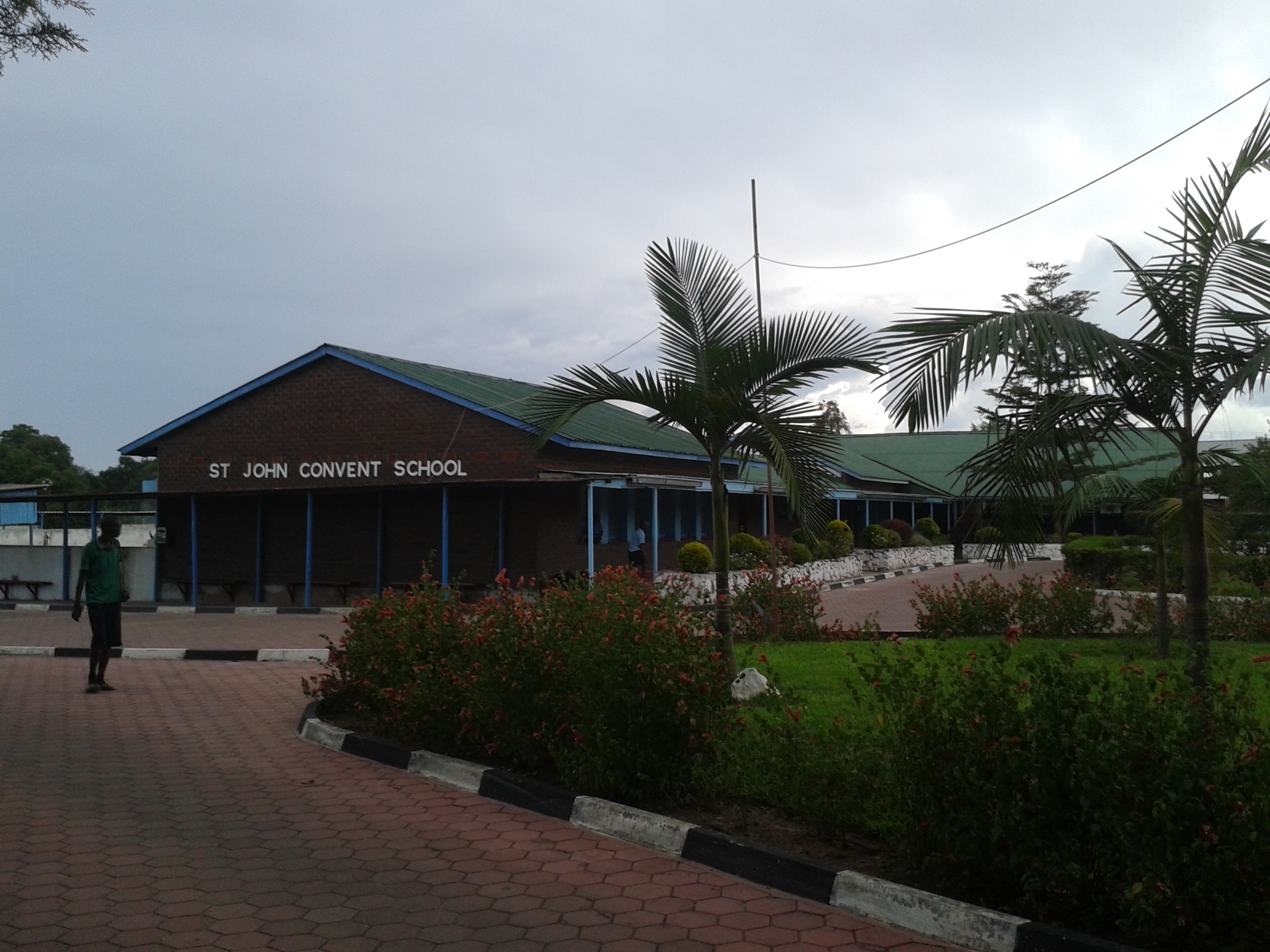|
Nkana (constituency)
Nkana is a constituency of the National Assembly of Zambia. It covers the western part of the city of Kitwe in Kitwe District, including the city centre and the suburb of Nkana. History The constituency was established in 1938 and originally covered Kasempa, Mufulira, Mwinilunga, Nkana and Solwezi.''Official Verbatim Report of the Debates of the Fifth Session (Resumed) of the Ninth Legislative Council'', Legislative Council of Northern Rhodesia, p21 In 1941 its borders were redrawn to cover only Chingola and Nkana Nkana is a section of the city of Kitwe, Copperbelt Province, Zambia which started off in the early part of the 20th century as a railway station to support the growing complex of copper mining operations. It was named after Chief Nkana, the loc .... In 1948 it was reduced to covering only Kitwe.''Official Verbatim Report of the Debates of the Fifth Session (Resumed) of the Ninth Legislative Council'', Legislative Council of Northern Rhodesia, p23 List of MPs Refer ... [...More Info...] [...Related Items...] OR: [Wikipedia] [Google] [Baidu] |
National Assembly (Zambia)
The National Assembly is Zambia's unicameral legislative body. Between 1972 and 1990, Zambia was a one-party state with the United National Independence Party (UNIP) as the sole legal party. The current National Assembly, formed following elections held on 11 August 2016, has a total of 166 members. 156 members are directly elected in single-member constituencies using the simple plurality (or first-past-the-post) system. Eight additional seats are filled through presidential appointment. The Speaker, first deputy speaker and the Vice President are also granted a seat in the assembly. Electoral system Of the 167 members of the National Assembly, 156 are elected by the first-past-the-post system in single-member constituencies, with a further eight appointed by the President and three others being ''ex-officio'' members: the Vice President, the Speaker and one deputy speakers (one elected from outside the National Assembly, while another is chosen among the elected members of th ... [...More Info...] [...Related Items...] OR: [Wikipedia] [Google] [Baidu] |
1948 Northern Rhodesian General Election
General elections were held in Northern Rhodesia on 14 August 1948."General Election in N. Rhodesia: Four Candidates Returned Unopposed", ''East Africa and Rhodesia'', 29 July 1948, p1315 Electoral system The ten elected members of the Legislative Council (an increase from eight in the 1944 elections) were elected from ten single-member constituencies.''Official Verbatim Report of the Debates of the Fifth Session (Resumed) of the Ninth Legislative Council'', Legislative Council of Northern Rhodesia, p23 Two new constituencies were created; Lusaka was split out of the Midland constituency, whilst Mufulira–Chingola was created by taking Mufulira from the Luanshya constituency and Chingola from the Nkana constituency. The Livingstone and Western and Southern constituencies were reorganised into Livingstone and South-Western. There were a total of 7,086 registered voters. Results See also * List of members of the Legislative Council of Northern Rhodesia (1948–53) Ref ... [...More Info...] [...Related Items...] OR: [Wikipedia] [Google] [Baidu] |
1968 Zambian General Election
General elections were held in Zambia on 19 December 1968 to elect the National Assembly and President. The first post-independence polls saw incumbent Kenneth Kaunda retain his post as president, whilst his United National Independence Party, the only party to field candidates in all 105 constituencies, won 81 of the 105 seats in the National Assembly. Voter turnout was 82.5% in the parliamentary election, but 87.1% in the presidential election. The only other contestants in the National Assembly elections were the Zambian African National Congress (73 candidates), and three independents. The United Party, which had been established in 1966, was banned in 1968, with many of its members absorbed by the ZANC.Zambia: 1968 Elections EISA The election campaign was marred by violence, with UNIP members in |
Kitwe South
Kitwe is the third largest city in terms of infrastructure development (after Lusaka and Ndola) and second largest city in terms of size and population (after Lusaka) in Zambia. With a population of 517,543 (''2010 census provisional'') Kitwe is one of the most developed commercial and industrial areas in the nation, alongside Ndola and Lusaka. It has a complex of mines on its north-western and western edges.Google Earth accessed 2007. Kitwe is located in the Copperbelt Province and is made up of s and suburban areas including Parklands, Riverside, Buchi, Ch ... [...More Info...] [...Related Items...] OR: [Wikipedia] [Google] [Baidu] |
